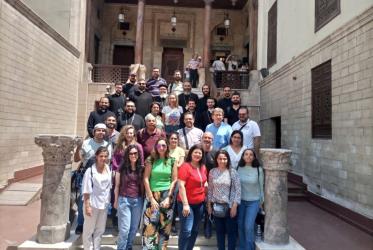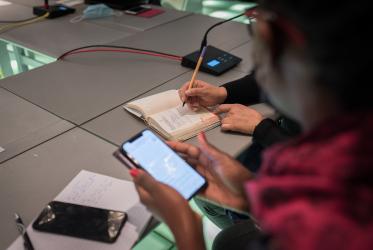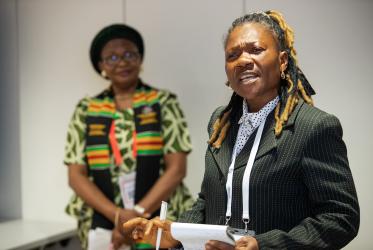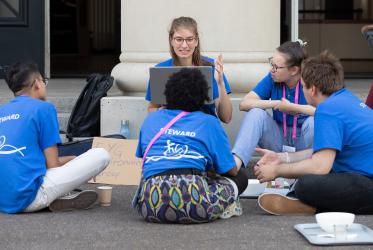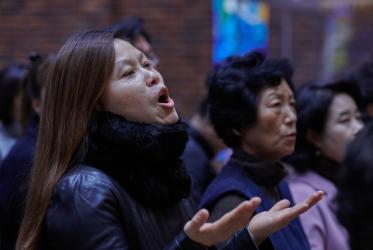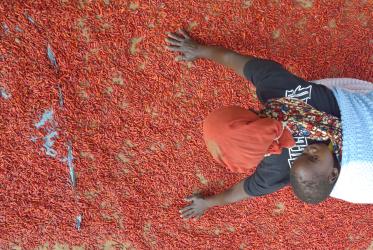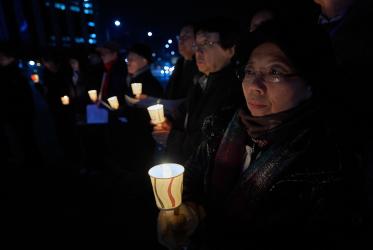Displaying 1 - 20 of 473
WCC expresses deep concern for human rights in Haiti
28 March 2024
World Council of Churches plans pilgrimage to Marshall Islands
09 November 2023
Pandemic and pedagogy: what are the valuable lessons?
21 December 2022
Theological education in Africa promotes social transformation
03 November 2022
Pan-African women tell stories that celebrate who they are
15 September 2022
Youth organize for climate justice
01 September 2022




